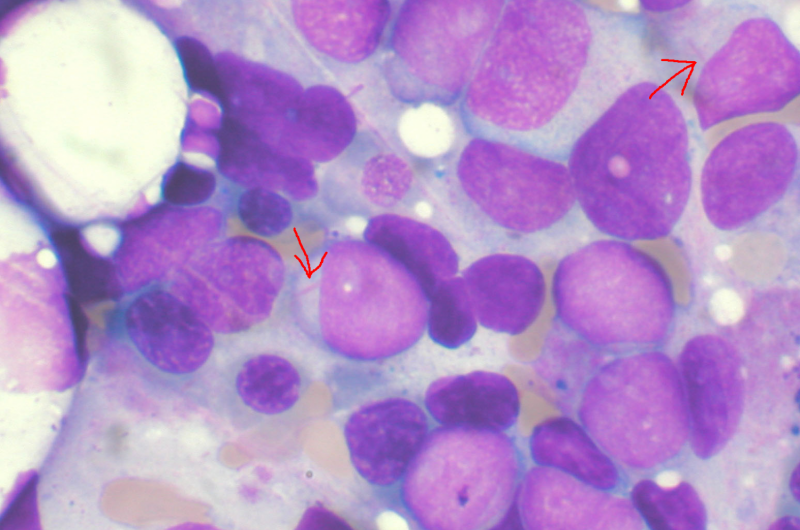
New research in the November 2021 issue of JNCCN—Journal of the National Comprehensive Cancer Network finds fewer than one-third of hospitals had immediate availability of a crucial blood cancer medication called all-trans retinoic acid (ATRA). ATRA is initiated early in the treatment of acute promyelocytic leukemia (APL)—a form of acute myeloid leukemia (AML), to prevent major bleeding, clotting, and potential death. APL is very treatable and tends to have a better prognosis than other subtypes of AML when treated appropriately.
The NCCN Clinical Practice Guidelines in Oncology for AML, along with other international evidence-based guidelines, recommend the immediate initiation of ATRA for patients even suspected of having APL while waiting for genetic confirmation of the diagnosis—due to the likelihood of early disseminated intravascular coagulopathy (DIC), a life-threatening bleeding disorder. However, when researchers conducted a telephone survey of 120 randomly selected hospitals from different regions around the United States, they found that only approximately 31% of hospitals—and just 14% of hospitals that refer patients with leukemia elsewhere—had ATRA immediately available. Furthermore, 42% of the hospitals that confirmed they do treat patients with acute leukemia did not have ATRA in stock.
According to the survey results, the main reasons for lack of availability of ATRA were related to the rarity of APL and included: “The loss of a patient with a highly curable leukemia due to the lack of access to a pill for formulary reasons would be devastating,” said Dale Bixby, MD, Ph.D., Michigan Medicine and University of Michigan Medical School. “We hope our study will lead to more widespread knowledge of the lack of availability of ATRA in hospital systems within the U.S. and spur a call to action from pharmacists and hematologists to ensure it is readily available at their institution.”
- the drug had not recently been requested;
- the inpatient pharmacist was not familiar with the drug;
- or the facility relied on associated hospitals or cancer centers to provide the drug.
“The lack of immediate availability of ATRA at 42% of centers who treat acute leukemia was shocking and sobering,” commented James K. Mangan, MD, Ph.D., Associate Clinical Professor of Medicine, Division of Blood and Marrow Transplantation, UC San Diego, Moores Cancer Center.
Dr. Mangan, a Member of the NCCN Guidelines Panel for AML continued: “Furthermore, given that transfers from referring centers often take days due to bed availability issues, the lack of availability of ATRA at 86% of referring centers is a truly dangerous situation. This illustrates another reason why SEER database analysis shows that real-world outcomes for Acute Promyelocytic Leukemia lag far behind the excellent outcomes reported in clinical trials. It is a clarion call to action to lobby for inclusion of ATRA on the formularies of all hospitals who encounter acute leukemia patients, no matter whether they are a referring or treating center.”
Source: Read Full Article
